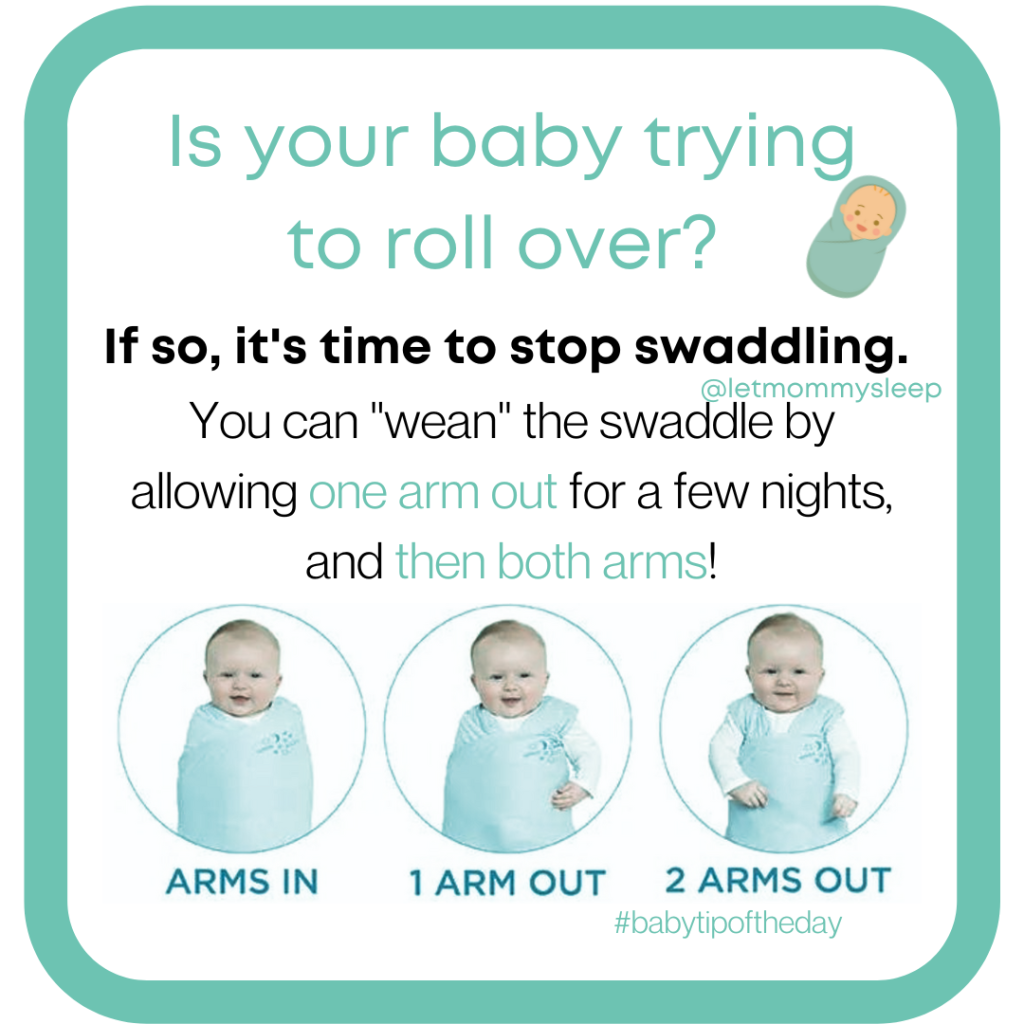Night Nurses Answer Your Infant Sleep Questions
Updated, November, 1, 2025 – There are books, sleep consultants and time-worn advice out there to help babies sleep through the night. But the same questions still keep coming up over and over! After 15 years supporting newborns and their families we can say without a doubt that most of this happens is simply because we humans are all different! However, in the blog, Night Nurses Answer Your Infant Sleep Questions, we’ll do our best to give you concrete answers based on the Nurses knowledge.

First- what’s a Night Doula?
In addition to overnight care for their newborns, many parents seek support from a night doula (also called a night nanny) to help their infants sleep through the night. There’s a very wide range of normal when it comes to baby sleep, and a trusted caregiver who can monitor an infant through the night can gently adjust baby’s schedule toward longer stretches of sleep. What’s a Night Nanny? Roles, Benefits, Costs and How They Help Families goes into more detail about how night doulas help..
Night Nurses Answer Your Infant Sleep Questions
1. Why does my baby wake through the night when I know s/he’s not hungry?
All humans wake through the night and babies are no different! While there are many reasons to awaken, wake-ups usually fall into 1 of 2 categories: physical and habitual. Again, this is the same for newborns and infants.
- Physical Discomfort: Illness, teething, heavy diaper or tummy pain.
- When physical things happen outside of baby’s control parents need to step in to help. For example, if baby has congestion or ear infection, laying horizontally makes fluid in the inner ear or chest settle. This makes getting comfortable very difficult for baby. Responding to baby quickly, and for as long as baby needs is recommended for any wake ups due to pain or discomfort. Physical wake-ups are part of parenting and any kind of sleep training needs to wait until baby is in healthy place. 12 Ways to Soothe Baby has ideas to help you comfort baby.
- Hunger (also physical):
- We cannot “train” a baby not to feel hunger. For this reason, it’s vital that parents know how much their baby has eaten during the day. Parents need to know how many ounces of milk/food baby has had between waking for the day and one last small feed at 10pm. If the amount of ounces is the same or more than what’s recommended by the pediatrician than it’s okay not to feed. If the amount is less, than baby of course needs to be fed.
- Natural Schedule:
- For healthy babies who have never slept through the night (and we are not saying whether they should or shouldn’t) wakefulness overnight usually means they are simply repeating their 3-4 hour daytime schedule. The daytime schedule of being awake for a few hours and then going to sleep for a few hours simply keeps repeating. For parents wishing to increase baby’s sleep time in this case, gently weaning overnight feeds and increasing daytime feeds can help. More on that below:
Night Nurses Answer Your Infant Sleep Questions – Overnights
2. How do I know when to get rid of the swaddle?
When baby is rolling onto her stomach, the swaddle becomes a hazard. As the AAP and other authorities say, in order to be sure baby is sleeping safely, Stop swaddling as soon as your baby shows any signs of trying to roll over. For many babies this can be as early as 2 months old.
Additionally, when baby is consistently “busting out” in the late 3rd month or month 4, he’s telling you he does not need the swaddle anymore. To eliminate the swaddle parents can simply go cold turkey or take a gradual step-down approach where we allow one arm out for several nights, then both arms and then eventually no swaddle at all.
Eliminating the swaddle -like all changes – can happen in 1 of 2 ways, cold turkey or by gradual removal. Cold turkey needs no explanation but gradual removal works like this:
You can “wean” the swaddle by allowing one arm out for a few nights. Then wrap baby with both arms out but with gentle pressure remaining on the abdomen. After a few nights of that, baby will not need the swaddle at all. How to Swaddle Like a Pro has more information on safe saddling.
One note- Weighted sleep sacs are often sold as a comfort item for baby sleep after getting rid of the swaddle. You should note that weight sleep sacs are not recommended. They have not been tested for safety and inhibit babies’ natural movements.

3. How do I eliminate overnight feeds?
Anytime we’re helping baby -and well, anyone really- learn a new way to do things, we have two choices: cold turkey or gradual removal. Cold turkey certainly cuts to the chase, but the gradual approach can be much more gentle and less jarring for baby.
With feeding, this means that we can eliminate milk/formula altogether between certain hours. Or we can gradually wean the amount taken in during these hours. For nursing moms, gradual weaning is essential…it’s more gentle for baby and also gives mom’s body time to adjust to needing to produce less milk overnight.
To wean feeds overnight, simply give ½ ounce less in his bottle over the course of 2-3 nights.
If breastfeeding weaning should start during the day. Our RN Cathy advises: “Start weaning with the second feeding of the day since your breasts will be pretty full first thing in the morning. Then stop a feeding every couple of days and give a bottle until the last feeding was at night. Once you notice no milk in their mouth after feeding, that’s it.”
Weaning will not be a perfectly linear process but to begin, you can stop the nursing session once baby has finished consistently sucking. This will most likely be trial and error and not perfect but that is normal.
4. What about the pacifier? How do I get rid of that?
When it comes to the pacifier we can “cold turkey” it or gradually remove the pacifier after less and less time per pacifier “session”. For sleep training, it’s typically recommended to remove pacifier when baby stops sucking for a few moments. You can then repeat the removal for a few minutes until the pacifier is eventually not needed.
5. My pediatrician said baby is ready to sleep 6-8 hours without feeding. How do I get my baby to sleep through the night?
First-the Ultimate Guide to Baby Sleep Training has a step-by-step plan for sleeping through the night.
Second, here is the abbreviated version of helping a baby sleep through the night independently:
- Give consistent daytime feeding of 4 larger feeding sessions during the day of 6-7 oz per feed, plus a dreamfeed of 2-3 oz = 28oz. This is usually enough to fill baby’s belly to sleep through the night. But again, the decision really depends on your own baby.
- Wean overnight feeds while increasing daytime feeds.
- Implement formal sleep training method (described in the linked blog above)
Once again, sleeping through the night can be a biiiiig subject. If you would like help talking through what’s happening with your baby specifically, you can always contact us as a sounding board!

Night Nurses Answer Your Infant Sleep Questions, But You’re the Expert on Your Baby
There are a LOT of right answers to what works to make a happy and peaceful family! If your family is happy and safe, then you’re doing it right! Are you thinking about a career as a night doula or night nurse? Night Nanny or Postpartum Doula: How-To Get Your Dream Job! shares the basics of getting started.
Categories
- Corporate Care & Partners
- COVID19 Archive
- En Espanol
- Expert Guides
- Hiring a Night Nanny
- Infant Safety
- Infant Sleep Hub
- Newborn Care
- Postpartum Health
- Twins & Multiples
- Work as a Night Doula
- zPost Archives
